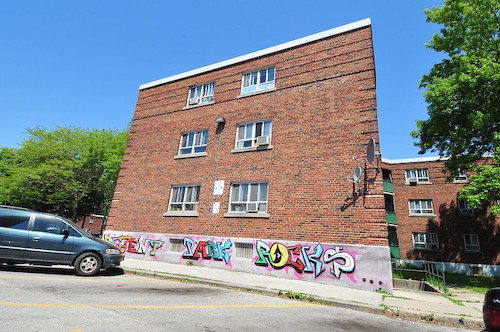In a recent editorial for the Globe and Mail, John Ibbitson writes "There is only so much Ottawa can do about Canada’s housing crisis." Although there is a desperate shortage of housing in most major Canadian cities, municipalities are hampering the response through outdated zoning restrictions that hamper needed residential development. Ibbitson also points to unnecessarily onerous processes for building inspections and construction approvals as additional factors in slowing new housing supply, yet as he emphasizes, none of these issues are within federal jurisdiction.
Municipal governments have significant power to respond to the housing crisis - or not. However, as Canadians grow increasingly desperate, they're more concerned about paying their rent than they are about the constitutional division of powers.
David Olive takes the opposing view in an editorial in the Toronto Star, arguing that the federal government "has the land, money and power to fix Canada’s housing crisis." Housing may not be a federal responsibility, but that doesn't mean that Ottawa couldn't address the problem. Olive emphasizes that Canada needs double the current supply of housing for low-income Canadians, something that will only be possible with federal intervention. Canada faced a housing crisis after World War II, which Ottawa helped solve by building a million low-cost Victory Houses using government land and direct grants.
Where does the responsibility lie? More importantly, does it matter? The shortage of residential supply, the excessively high rents, and the overpriced real estate market are compounding pre-existing social inequality, sending poverty rates skyrocketing and threatening increasingly vast swaths of the population with homelessness. Why shouldn't we expect all levels of government to get involved in solving the housing crisis?

Apartment building in Regent Park. Photo by the City of Toronto, used under a Creative Commons license (CC BY 2.0 DEED)



CRC Comments